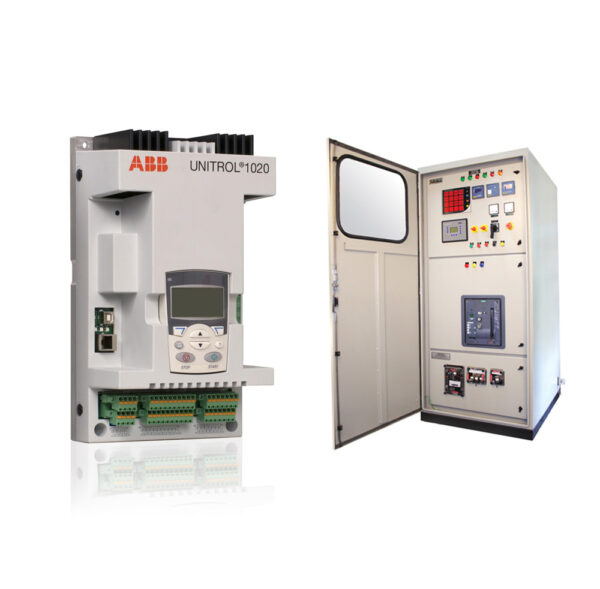Industrial Electric Motors
Motors | Design & Supply
Standard Induction Motors
–Process Performance Motors
–General Performance Motors
Motors for explosive atmospheres
–Flameproof motors
–Increased safety motors
–Non-sparking motors
Dust ignition protection motors
Frequency Controlled Motors
–Synchronous Reluctant Motors
–Permanent magnet motors
–High speed motors
–HDP AC servomotors
Frequency Controlled Motors
–Synchronous Reluctant Motors
–Permanent magnet motors
–High speed motors
–HDP AC servomotors
High Torque Motors
Special application motors
–Marine motors
–Water cooled motors
–Brake motors
–Motors for high ambient temperatures
–Single phase motors
Traction motors
Motors | Services & Maintenance (Up to 8MW)
- Supply of Motors (LV & MV, AC & DC) and Spares.
- On-Site Motor Maintenance Services & Electrical Tests.
- On-Site Motor Overhauling.
- Motor Rewinding Services.
- Design & Supply of Motors Test bench.
Annual testing and maintenance contracts
Need expert advice for your motor project?
Our engineers are ready to help you select, maintain, or upgrade your industrial motors for maximum performance and reliability.
FAQ
1-What are the different types of electric motors used in industries?
Industries require various types of electric motors, each tailored for specific applications:
- Induction Motors: Widely used for general industrial tasks, providing reliable performance.
- Flameproof & Explosion-Proof Motors: Designed for environments with high risk of explosions or hazardous conditions.
- High Torque Motors: Ideal for applications demanding high power and torque, ensuring efficient operation.
- Frequency-Controlled Motors: Includes synchronous, permanent magnet, and servomotors for applications requiring precise speed control.
- Specialized Motors: Including water-cooled, brake, and traction motors for unique industrial needs, such as transport or high ambient temperature environments.
2-What is the difference between Low Voltage (LV) and Medium Voltage (MV) motors?
3-Can an electric motor be controlled with a Variable Frequency Drive (VFD)?
Yes, A VFD adjusts the motor’s speed and torque by varying the supply frequency and voltage. This enables energy savings, smoother starts/stops, reduced mechanical stress, and precise process control especially effective for pumps, fans, and conveyors.






